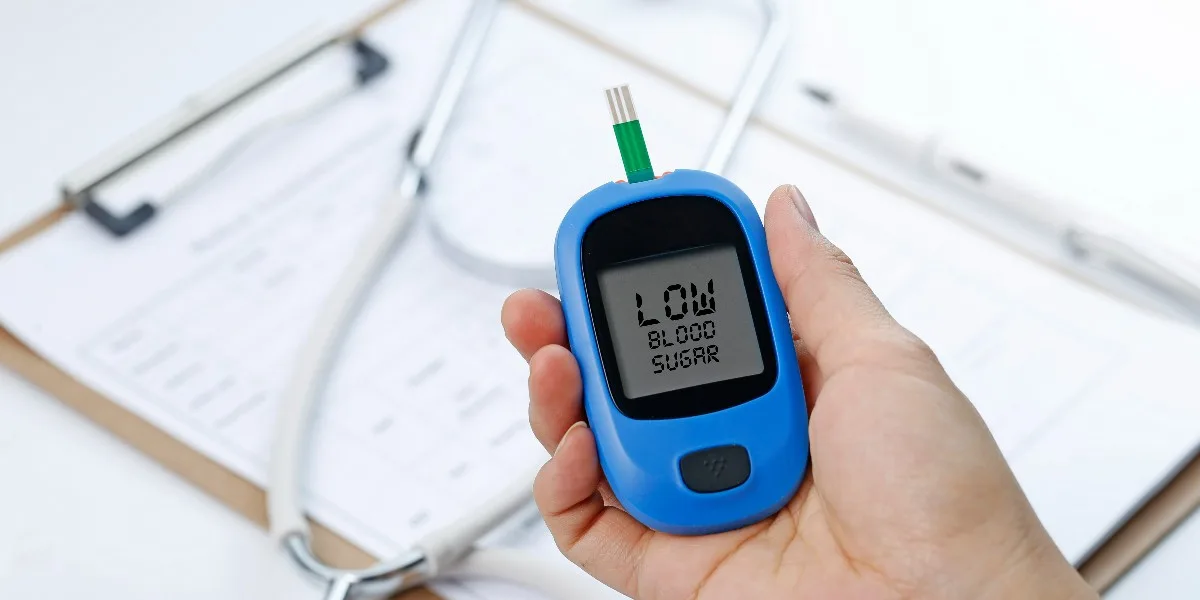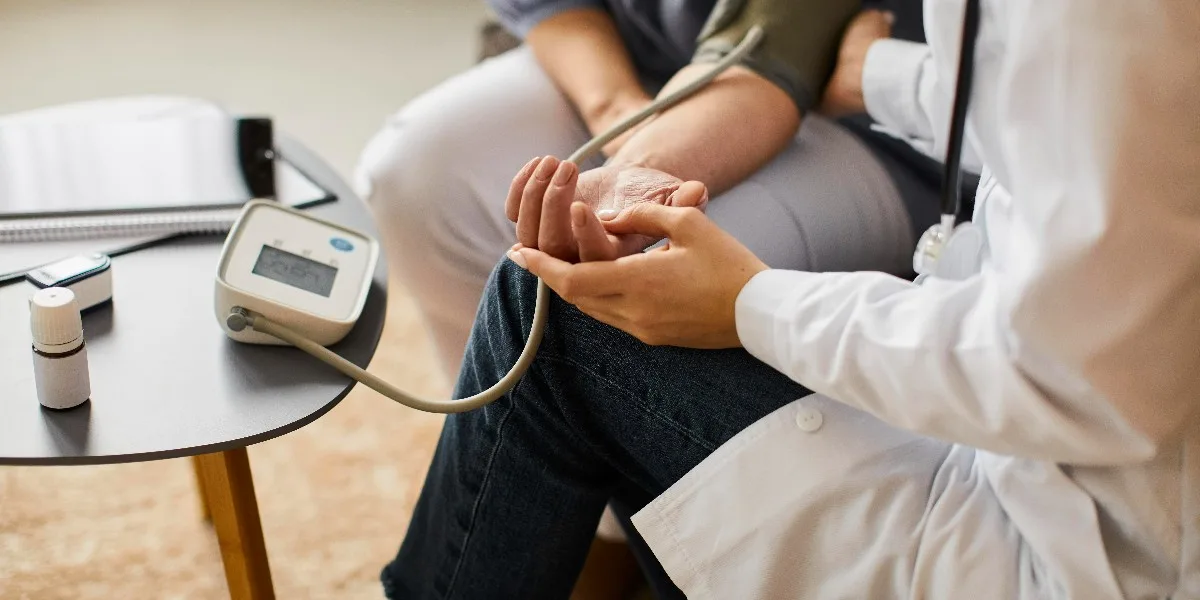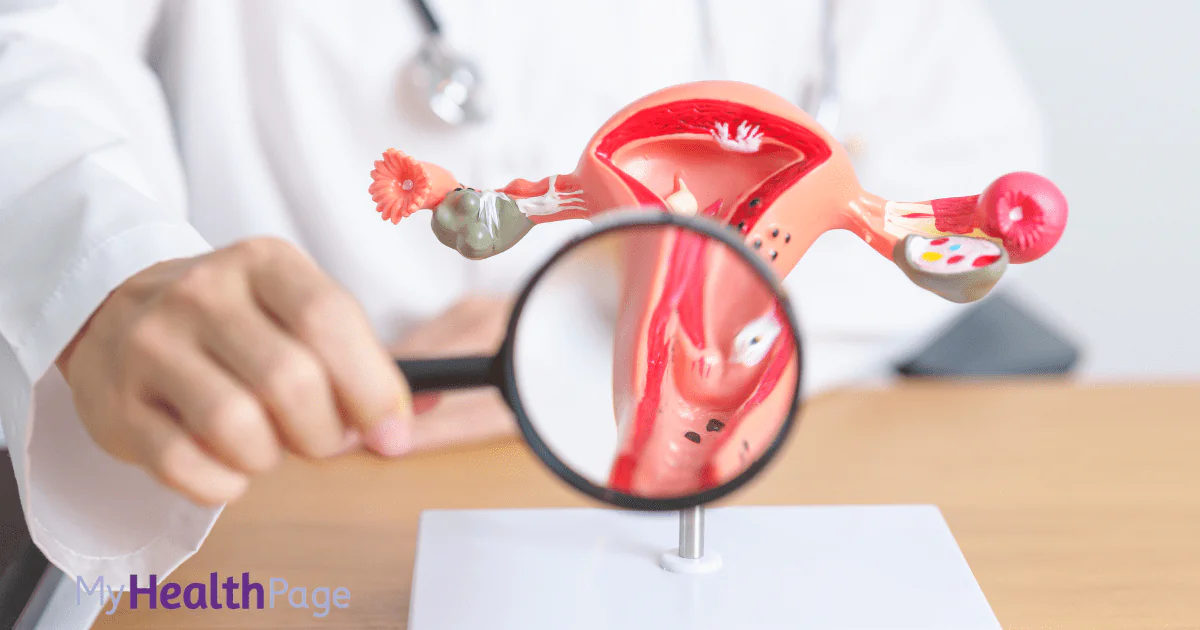Erectile dysfunction (ED) is a common condition affecting many men, but its prevalence is notably higher among those with diabetes. Research shows that men with diabetes are two to three times more likely to experience ED compared to those without the condition. Diabetes can cause damage to nerves and blood vessels, both critical to achieving and maintaining an erection. Given this elevated risk, it’s essential for diabetic men to be aware of the connection between their condition and sexual health. If ED becomes a concern, seeking timely medical advice can lead to effective management and improved quality of life.
Causes of Erectile Dysfunction in Diabetic Patients
Erectile dysfunction (ED) can arise from a variety of physical and psychological factors:
Psychological Factors:
- Stress, anxiety, and nervousness
- Relationship issues and interpersonal conflicts
Physical Factors:
- Chronic health conditions such as diabetes, heart disease, and high blood pressure
- Excessive alcohol consumption
- Cigarette smoking
- Certain medications (e.g., those for blood pressure and depression)
- Recent surgeries, particularly in the pelvic area
- Low testosterone levels
Physical ED typically develops gradually over months or years. If spontaneous erections, such as those occurring overnight or in the morning, are still present, the problem may be more psychological. Understanding these factors helps in distinguishing the cause and determining the most effective treatment.
The Connection Between Diabetes and Erectile Dysfunction
Diabetes increases the risk of erectile dysfunction (ED) due to several key factors:
- Vascular Damage: High blood sugar levels can lead to atherosclerosis, which reduces blood flow to the penis, essential for achieving and maintaining an erection.
- Nerve Damage: Diabetic neuropathy affects the nerves responsible for sexual arousal and erection, disrupting the necessary signals.
- Hormonal Imbalance: Diabetes can lower testosterone levels, impacting libido and erectile function.
- Psychological Factors: Stress and anxiety from managing a chronic condition like diabetes can worsen ED.
- Medication Side Effects: Some medications for diabetes and related conditions may contribute to ED.
Managing diabetes effectively is crucial to reducing the risk of ED and maintaining sexual health.
Diagnosing Erectile Dysfunction in the Context of Diabetes
Diagnosing erectile dysfunction (ED) in individuals with diabetes involves a thorough assessment:
Medical History:
Review the patient’s medical history, focusing on diabetes management, other chronic conditions, and medication use.
Physical Examination:
Conduct an examination to identify signs of diabetes-related complications, such as nerve damage or vascular issues.
Diagnostic Tests:
- Blood Tests: Evaluate blood sugar levels, hormone levels (e.g., testosterone), and overall health.
- Penile Ultrasound: Assess blood flow and detect abnormalities in the blood vessels.
- Psychological Evaluation: Identify psychological factors, such as stress or depression, that may contribute to ED.
Assessment of Spontaneous Erections:
Check for nocturnal or morning erections to differentiate between physical and psychological causes of ED.
Treatment Approaches for Erectile Dysfunction
Firstly, making lifestyle changes is important. Adopting a healthy diet and engaging in regular exercise can improve overall health and help manage diabetes. Quitting smoking and reducing alcohol intake are also beneficial for enhancing erectile function.
Medications are a common treatment option. Oral pills such as Viagra, Cialis, and Levitra improve blood flow to the penis. If low testosterone is an issue, hormone replacement therapy might be necessary.
For those who need additional help, medical devices like vacuum pumps can assist in achieving an erection by increasing blood flow. In cases where other treatments haven’t worked, penile implants provide a permanent solution through surgery.
Addressing psychological factors is also crucial. Therapy can help manage stress, anxiety, or depression that may be affecting sexual performance. Lastly, controlling blood sugar levels is essential for preventing complications related to diabetes and ED.
By combining these approaches, many people find effective relief from ED and improve their sexual health.
Sexual Dysfunction in Women with Diabetes
Sexual dysfunction in women with diabetes often includes reduced sexual desire, vaginal dryness, difficulty reaching orgasm, and pain during intercourse. These issues can stem from hormonal changes, poor blood flow, or nerve damage related to diabetes, impacting sexual health and comfort.
Read also : Hypertension (high blood pressure)
Professional Support and Resources
The toll-free helpline number for people with diabetes in India is 1800 121 2096.
Content Disclaimer
The information provided on MyHealthPage.in is intended solely for informational purposes. It does not constitute an endorsement or recommendation of any therapy, service, product, or treatment mentioned on the website. The content is not designed to replace professional medical advice, diagnosis, or treatment from a qualified healthcare provider. Users are encouraged to consult with a registered health professional for any medical concerns or to determine if the therapies, services, products, or treatments featured are appropriate for their individual circumstances. MyHealthPage.in and its affiliates disclaim any liability for any actions taken based on the information presented on this website.












